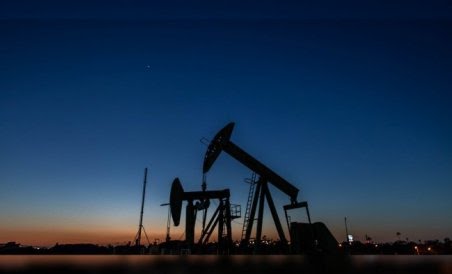-
The UAE on Sunday pushed back against a plan by the OPEC+ group to extend a pact to cut oil production beyond April 2022
-
There are concerns that if an agreement among the 23 member-states cannot be reached, the alliance could break apart
The disagreement between Saudi Arabia and the United Arab Emirates over how much oil production levels to raise has put the OPEC oil cartel at an impasse even as demand remains still disrupted by threats from new variants of the coronavirus.
The UAE on Sunday opposed a plan by the OPEC+ group, which includes non-OPEC producers like Russia, to extend the agreement to cut oil production beyond April 2022, the Associated Press reported.
The disagreement is fraught with consequences for global oil trade: there are concerns that the alliance could fall apart if no agreement is reached triggering a price war.
Last year, the eruption of Covid-19 pandemic followed by widespread lockdown reduced the global demand for oil leading to a steep fall in energy prices. This prompted OPEC+ group to agree a cut of some 9 million barrels per day to support prices.
Saudi Arabia made further cuts to keep prices from collapsing. But with world getting a grip on the pandemic and vaccination picking up speed, the OPEC+ group increased production so that daily cuts averaged around 6 million barrels per day. Currently, the OPEC alliance is producing some 37 millions barrels per day compared to around 43 million barrels per day before the start the pandemic.
The UAE wants to increase its oil production. According to its Energy Minister, Suhail al-Mazrouei, one third of the UAE’s production has remained idle for two years. The country wants a higher baseline production level of its own that reflects the UAE’s actual production in case the OPEC+group extends its production cut beyond April 22.








